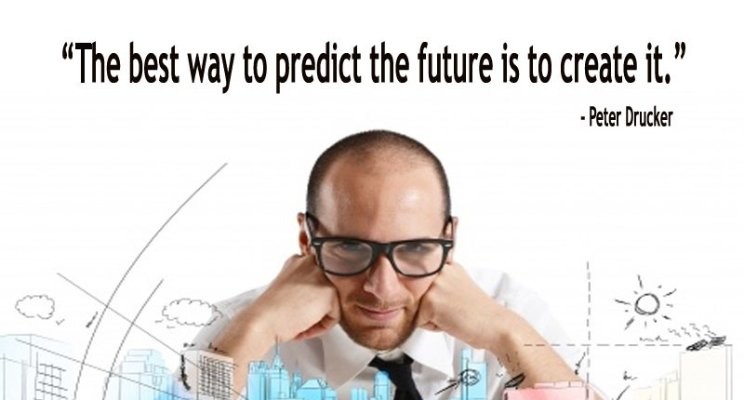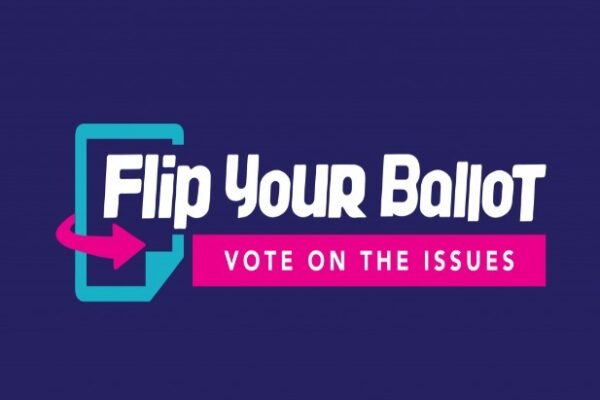No one is certain about the future of work and the way individuals, educational systems, governance, economy safety nets, and technology will interact. It is unfortunate that governments cannot be proactive and eagerly embrace change, using the successes and failures as road maps for the future.
In the absence of government, corporations and their resources have stepped in to design, develop, and implement a work/life environment – which many have not found useful or fruitful. A growing number of individuals are taking control of their own lives, using technology as the stepping stones for an enhanced quality of life.
Major obstacles to “individuality” and “entrepreneurship” are societal safety nets (i.e., social security, unemployment, and health insurance). How to balance wishes and dreams with the practical reality of daily living continues to be challenging for even the smartest executives and educators.
Is it all done with mirrors?
The McKinsey Global Institute sponsored a conference at the NYU Stern School of Business that focused on “The Digital Future of Work.” Established in 1990, the Institute is the business and economic division of McKinsey that attempts to understand the evolving global economy. The organization provides leaders in the commercial, public, and social sectors with research and insights on which to base management and policy decisions.
Opening remarks were presented by Alicia Glen, the Deputy Mayor of NYC, who presented a glowing picture of the city. The profile was so rosy that I had to check the program to realize that she was referencing New York City. I guess she lives in a different zip code than I do.
The Keynote was presented by Tom Siebel, CEO, C31oT, with (according to Forbes as of April 30, 2017) a real-time net worth of $2.5 billion. His company focuses on the “Internet of Things.” Siebel was formerly Larry Ellison’s most successful salesperson. When Siebel left in 1990, he started a software firm, Siebel System, and sold it to Oracle for $5.8 billion in stock (2006).
He founded C3 Energy in 2009 as an energy analytics firm. Started with $150 million from Siebel and other investors, Condoleezza Rice and former Energy Secretary Spencer Abraham are now part of his Board of Directors. He spends time at his cattle ranch in Montana and counts real estate investments in his portfolio.
The first panel discussed “The economic impacts of AI, robotics, and automation” and considered labor supply and necessary skill-sets for achieving success. Speakers included David Kirkpatrick (Techonomy), Michael Chui (McKinsey Global Institute), Vasant Dhar (NYU Stern School of Business), and Albert Wenger (Union Square Venture).
The second panel, “New models of work in the digital era,” focused on the impact of digital technologies and new job/work models on corporate organizations, individual career paths, job searches, and job sources. Speakers included Eduardo Porter (The New York Times), Allen blue (LinkedIn), Carl Camden (Kelly Services), Stephane Kasriel (Upwork), Prasanna Tambe (NYU Stern School of Business), and Jeff Wald (WorkMarket).
The third panel looked at “Transition education and vocational volatility” with a consideration of the educational system, training, and career management for a world full of vocational volatility. The concept of a “structured” career path (in decline) and the place for entrepreneurship (for future growth) was reviewed. The reality of the “Gig” economy was discussed as well as other work designs.
Speakers included Justin Fox (Bloomberg View), Kath Fleming (NYU Provost), Mona Mourshed (McKinsey & Co), Mike Rosenbaum (Arena), and Saadia Zahidi (World Economic Forum).
The fourth panel considered the “Political and social solutions for a new era.” Recognizing the changing roles and responsibilities of government, the panel considered the strategy for organizational change, the place for unions, and how individuals can manage their own work lives. Speakers included Rana Faroohar (The Financial Times), Diana Farrel (JP Morgan Chase Institute), Sara Horowitz (Freelancers Union), and Anne-Marie Slaughter (New America).
The program concluded with a discussion of what would be considered Economic Security in the future with a focus on universal basic income options. Speakers included Jeremy Shapiro (Gates Foundation) and Dan Teran (Managed by Q).
Takeaway
For the hotel, travel and tourism industry, the change in the way people work, the integration of robotics and other forms of technology into daily operations will impact directly on the bottom line.
Will:
1. Robots be used to provide room service, and replace bartenders and wait staff?
2. Disposable materials replace linens and towels?
3. Full-time staff be limited to C-level executives (i.e., GM, Comptroller, and F/B Manager) with all other positions out-sourced and/or hired as contract part-time workers?
4. Guest demands increase/decrease for specialized service?
5. Fast-food “do it yourself” conditioning determine the future?
6. Redesigned work change disposable income and leisure time options?
Although the hotel, travel and tourism industry was not represented at the conference, it is important that industry leaders put their collective energies into thinking about the future of their operations, including the use of technology; the hiring, training, and compensation of employees; and the sea-change in the wants and needs of the guest.
© Dr. Elinor Garely. This copyright article, including photos, may not be reproduced without written permission from the author.





